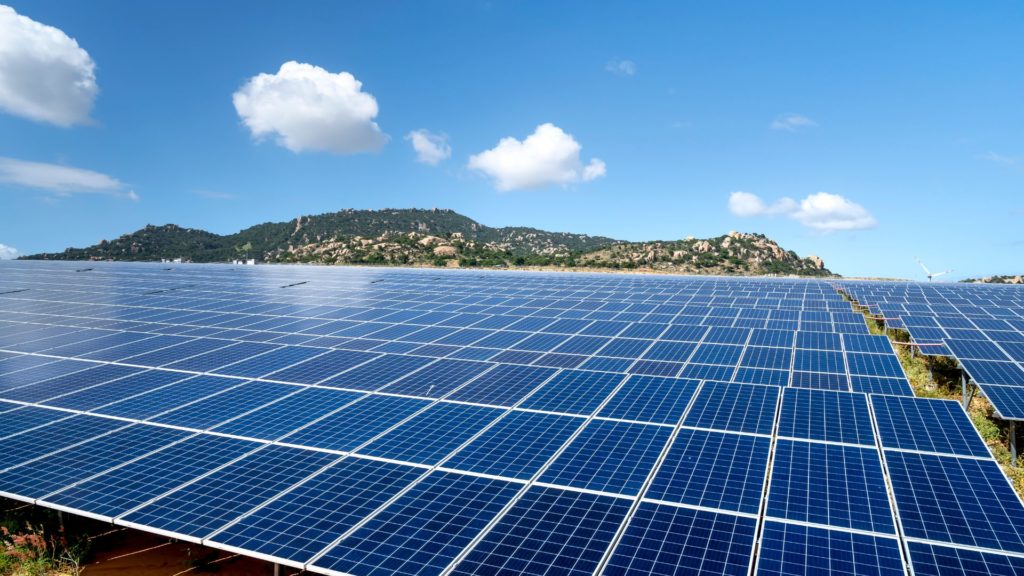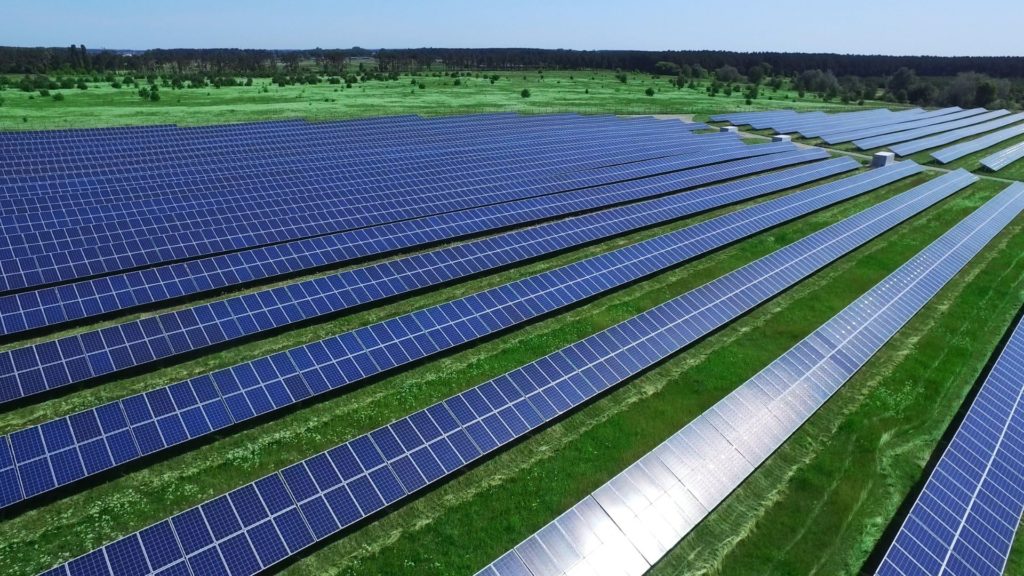In the quest for sustainable development, an approach aimed at meeting the needs of the present without compromising the ability of future generations to meet their own needs, solar energy emerges as a beacon of hope. This renewable energy source stands at the crossroads of environmental protection, economic growth, and social equity, offering a path forward that aligns with the global sustainable development goals. As we delve into the multifaceted role of solar energy, it’s clear that its contribution extends far beyond just generating clean electricity.
Solar energy’s importance in sustainable development is multifaceted, touching on environmental, economic, and social dimensions. By harnessing the sun’s power, we can significantly reduce our reliance on fossil fuels, which are a major contributor to greenhouse gas emissions and global warming. This transition not only aids in the fight against climate change but also propels us towards a more sustainable and equitable future.
Solar Energy and Environmental Sustainability

Solar energy plays a pivotal role in environmental sustainability by offering a clean alternative to fossil fuels. Unlike coal, oil, and natural gas, solar power produces electricity without emitting carbon dioxide or other greenhouse gases that contribute to global climate change. This reduction in emissions is crucial for protecting the atmosphere and combating the adverse effects of climate change, making solar energy a key player in global environmental conservation efforts.
Furthermore, solar energy systems have a relatively low impact on water resources and biodiversity compared to conventional power generation methods. Traditional energy production often requires significant water for cooling and processing, whereas solar photovoltaic cells require no water to generate electricity. This advantage is particularly important in water-scarce regions, where conserving water is as crucial as reducing pollution.
Economic Benefits of Solar Energy
The economic benefits of solar energy are profound and far-reaching. The solar industry has become a significant source of job creation, outpacing many traditional sectors. Employment opportunities in solar panel manufacturing, installation, and maintenance contribute to economic growth and stability in communities worldwide. Moreover, as the cost of solar technology continues to fall, solar energy becomes an increasingly affordable option for businesses and households, reducing energy bills and fostering economic resilience.
Investing in solar energy also stimulates local economies, especially in rural and underserved areas where access to affordable and reliable energy can transform lives. By lowering operational costs and supporting entrepreneurship, solar energy plays a crucial role in driving sustainable economic development. The shift towards a solar-powered future not only promises environmental benefits but also economic prosperity and energy independence.
Enhancing Energy Security and Access
Solar energy enhances energy security by diversifying the energy mix and reducing dependence on imported fuels. By investing in solar power, countries can mitigate the risks associated with volatile fossil fuel markets and geopolitical tensions. This energy diversification is essential for creating a stable and secure energy future, where nations are less vulnerable to external shocks and energy supply disruptions.
Furthermore, solar energy has the unique potential to increase energy access in remote and underserved communities. Off-grid solar solutions, such as solar lanterns and home systems, provide vital electricity for lighting, communication, and basic appliances, significantly improving the quality of life. This democratization of energy access is a cornerstone of social equity and sustainable development, ensuring that the benefits of modern energy services are available to all.
Solar Energy in Urban and Rural Development
In urban settings, solar energy can be seamlessly integrated into the fabric of city life, from rooftop panels on homes and businesses to large-scale solar parks that power entire neighborhoods. This integration supports the development of sustainable cities by reducing urban carbon footprints, improving air quality, and fostering green economies. Solar energy also complements other sustainable urban practices, such as green building design and electric transportation systems, further enhancing urban sustainability.
In rural areas, solar energy offers a lifeline for development, providing reliable and clean electricity for homes, schools, and healthcare facilities. Solar-powered irrigation systems and solar refrigeration can significantly improve agricultural productivity and food security, driving rural economic development. These applications of solar energy not only contribute to rural electrification but also empower communities, reducing poverty and improving living standards.
Advancements in Solar Technology and Infrastructure
The continuous advancements in solar technology are key to its role in sustainable development. Innovations in photovoltaic materials, energy storage, and system design have increased the efficiency and reduced the cost of solar installations. Emerging technologies like floating solar panels and building-integrated photovoltaics (BIPV) are expanding the potential applications of solar energy, making it more versatile and adaptable to different environments.
Developing infrastructure to support the adoption and expansion of solar energy is equally important. Investments in grid modernization, energy storage solutions, and smart grid technologies are essential for integrating solar power into the energy mix. These infrastructural developments not only enhance the reliability and resilience of the energy system but also ensure that solar energy can be harnessed to its full potential, contributing to a sustainable and secure energy future.
Challenges and Solutions
Despite the significant benefits of solar energy, challenges remain in its widespread adoption. High initial investment costs, technological barriers, and policy and regulatory hurdles can impede the growth of solar energy projects. However, solutions exist to overcome these challenges, including government incentives, financial mechanisms like power purchase agreements (PPAs), and community solar programs that enable broader access to solar power.
Public-private partnerships and international cooperation are also crucial for accelerating the deployment of solar energy. By sharing knowledge, technologies, and best practices, stakeholders can drive innovation and scale up solar energy projects, making sustainable development a reachable goal for communities around the world.
The Role of Solar Energy in Climate Change Mitigation
Solar energy is a cornerstone of global efforts to mitigate climate change. By replacing fossil fuels with solar power, we can significantly reduce greenhouse gas emissions and limit global warming. The transition to a low-carbon energy system, with solar energy at its core, is essential for achieving international climate targets and ensuring a sustainable future for the planet.
Moreover, solar energy complements other renewable energy sources, such as wind and hydro power, in a comprehensive climate strategy. Together, these clean energy sources can provide the foundation for a resilient and sustainable energy system, capable of supporting global economic growth and environmental protection.
Future Perspectives on Solar Energy and Sustainable Development
The future of solar energy in sustainable development is bright, with continued technological advancements and increasing global commitment to renewable energy. As solar technology becomes more efficient and affordable, its role in achieving sustainable development goals will only grow. The challenge lies in harnessing this potential effectively, ensuring that solar energy contributes to a just and equitable energy transition.
Stakeholders, including governments, businesses, and individuals, have a critical role to play in promoting solar energy. By investing in solar technologies, advocating for supportive policies, and adopting solar solutions, we can accelerate the transition to a sustainable energy future. The time to act is now, and the pathway to sustainable development is illuminated by the power of the sun.
Solar energy stands as a pillar of sustainable development, offering a path to environmental sustainability, economic growth, and social equity. The journey from fossil fuels to renewable energy is not without its challenges, but the benefits of solar power — from reducing carbon emissions to enhancing energy access — are undeniable. As we look to the future, the role of solar energy in shaping a sustainable world is both significant and inspiring.
For those ready to embrace the potential of solar energy, Advosy Energy offers the expertise and solutions needed to make the transition seamless and rewarding. Whether you’re considering a grid-tied, off-grid, or hybrid solar system, Advosy Energy can guide you through the process, ensuring that your solar energy project contributes to your sustainable development goals. Together, we can harness the power of the sun to create a brighter, more sustainable future for all.

